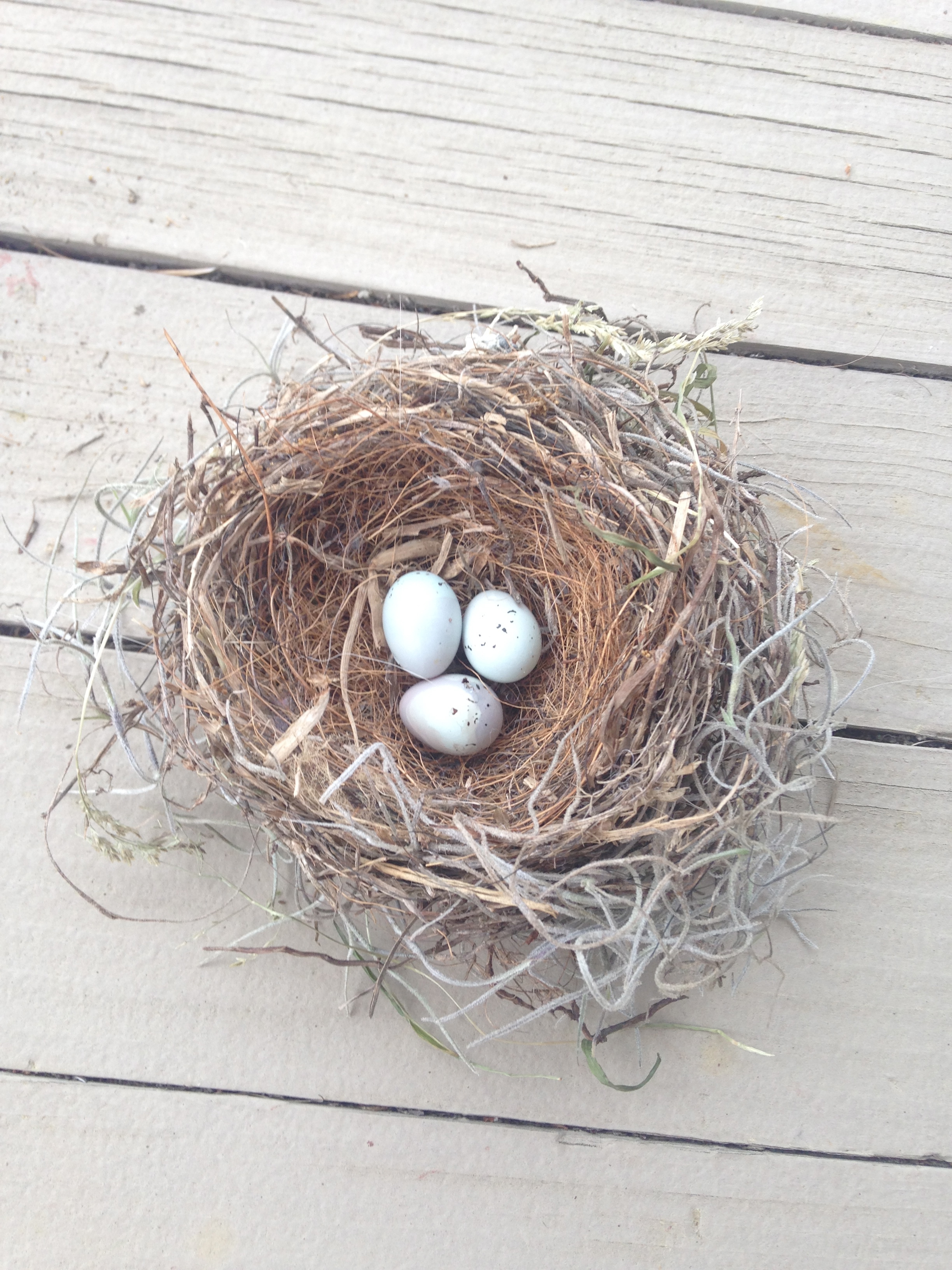Why is it so darn hard to let go?
My baby boy, Benjamin, who turns sixteen this September, got his first job last week at a nearby restaurant. Bedraggled and exhausted after eight straight hours on his feet bussing tables, he told me he’d barely had time to scarf down food or take a break. His feet hurt. My heart hurt. Am I crazy to cry a bucket of tears because my baby’s growing up?
He’s the child we call “well loved;” the one who was treasured and coddled endlessly by his dad and me, and all of his older siblings. He was the apple of a whole family’s eye, and we relished his happy disposition and the white, curly locks that set him apart among the rest of our children, whose looks are predominantly Latin.
I’d had it in my head we would get this one “right.” We were mature parents (for the most part) by the time Ben was born, and Bernie and I felt sure we could spare him the mistakes we’d inflicted inadvertently on our first four. We just wouldn’t do the same stupid things we'd done in the past. Besides, we were too tired to offer anything but smiles and kisses. Forget discipline. Thanks be to God Ben rarely needed it. It was all going to be love, happiness and blessings for him. Right?
Then came the big bump in the road—the unforeseen tragedy, when life, as we knew it, turned on a dime. Bernie died, and our household changed in one fell swoop from a bustling center of activity for seven busy people, to the dreadfully quiet dwelling of a single mother and frightened, fatherless nine-year-old child. Kara, Alex, Gaby and Christian left one by one—goodbye after goodbye came. Everything was different, even as I tried my best to provide some sense of safety and normalcy in our home. It didn’t always go so well.
I vividly recall the night Ben and I sat at our large, family table to have dinner alone for the first time. He had begged me to cook pork chops, a family favorite, and I had happily complied. By the time the pork chops were served, the silence in the house was pounding in my ears, proving to be more than I could take. I escaped the table to have a major fall apart in the bedroom closet, leaving the television as Ben’s only supper company—a first, since I had always been a stickler about keeping the T.V. off while we ate.
I couldn’t shield my child from the trauma and sadness of life, and it literally broke my heart. I want to shelter him now as he goes off to work, knowing he has sore feet, tired legs and a belly full of butterflies. He’s nervous about doing a good job at the restaurant; he’d rather be riding his bike and swimming with friends, caught in the painful transition between boyhood and manhood—held, too, in the crossfire of a mother’s heart that wants to keep him tucked in.
Yet I know I can’t.
The moment has arrived to let go a little, offer him up to God, nudge him toward the edge of the nest so he can learn to fly. These are the birth pangs of the push forward, and birth pangs, like delivery, hurt.
The question every mother must face is upon me: will I let go, let God and trust? Do I trust that Ben will find his own ground, and the ground of God’s heart, even if his feet hurt now? I do trust. Even in the midst of labor pains, even in the midst of knowing that manhood is coming all too fast, even as I am aware that before I blink, thirty-three years of caring for kids at home will come to a close. Breathe. Push. Just like giving birth.


